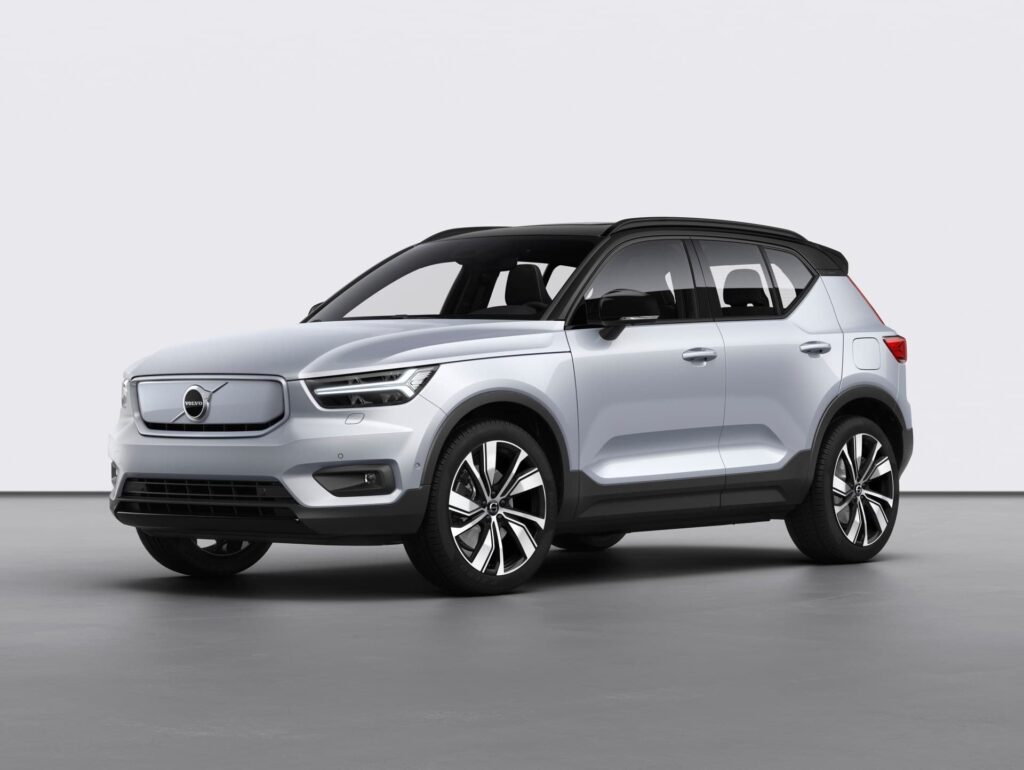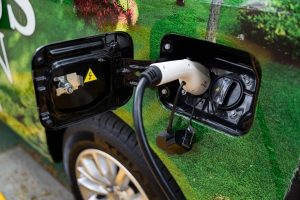
Volvo Urges World Leaders at COP26 to Drive More Investment in Clean Energy

The United Nations Climate Change Conference 2021 (COP26) being held in Glasgow, Scotland, serves as an ideal scenario for the world to visualize not only the progress made in environmental matters, but also to expose the difficulties, challenges and opportunities for the future to reverse the heavy damage to the planet.
In this sense, Volvo Cars, the Swedish car brand, takes advantage of this important framework to urge world leaders to promote investments in clean energy, in order for the production of electric cars to reach the desired potential for global benefit.
The call coincides with a recently published report on the overall life-cycle carbon emissions of Volvo Cars’ latest all-electric car, which shows the huge potential for CO2 reductions when a car is built and charged with clean energy sources.
Major Long-Term Project
Volvo aims to become an all-electric car manufacturer by 2030 and plans to launch an entirely new family of vehicles with this technology in the next few years, one of the most ambitious electrification plans in the industry. This is part of its goal to become a climate-neutral company by 2040, as it works to steadily reduce carbon emissions across the company’s business.
To achieve these plans, the Swedish carmaker sees the help of governments and the energy sector as essential for achieving its full level of carbon reduction on its cars.
As the new Volvo C40 Recharge Life Cycle Assessment (LCA) report shows, the clean energy availability for both manufacturing and charging an electric Volvo makes a big difference in terms of CO2 impact.
For example, the report details that when a driver charges a C40 Recharge with clean energy, such as wind power, the lifecycle CO2 impact of the car is less than half that of a traditional combustion-engine Volvo XC40. When charged with electricity generated from fossil fuels, that difference becomes much smaller.
Joint Effort
Håkan Samuelsson, Volvo’s CEO stressed that they have made a conscious strategic decision to become an all-electric automaker and an industry leader, but he believes they are not in a position to make the transition alone.
“We need governments and companies around the world to increase their investments in clean energy capacity and related charging infrastructure, so that all-electric cars can truly deliver on their promise of cleaner mobility.”
The company’s views are reflected in the 2021 World Energy Investment report from the International Energy Agency (IEA), which notes that while clean energy investments are on “a moderate rebound,” those planned investments “remain well below what is required to avoid severe climate change impacts.”
According to the publication, global investments in clean energy “would need to double by the 2020s to keep temperatures well below a 2°C rise, and more than triple to keep the door open to a 1.5°C stabilization” of global temperature increases.
Starting with the XC40 Recharge, its first electric car launched in 2019, Volvo Cars issues an LCA report for each all-electric model. These reports provide full transparency in terms of the car’s CO2 impac under a variety of scenarios and provide customers with valuable information on the car’s overall climate footprint.
In terms of what they can control, the company is aiming for climate-neutral manufacturing by 2025 based on their own operations. Currently, all of Volvo’s European plants run on 100% clean electricity, while its Torslanda plant in Sweden is fully climate neutral.





